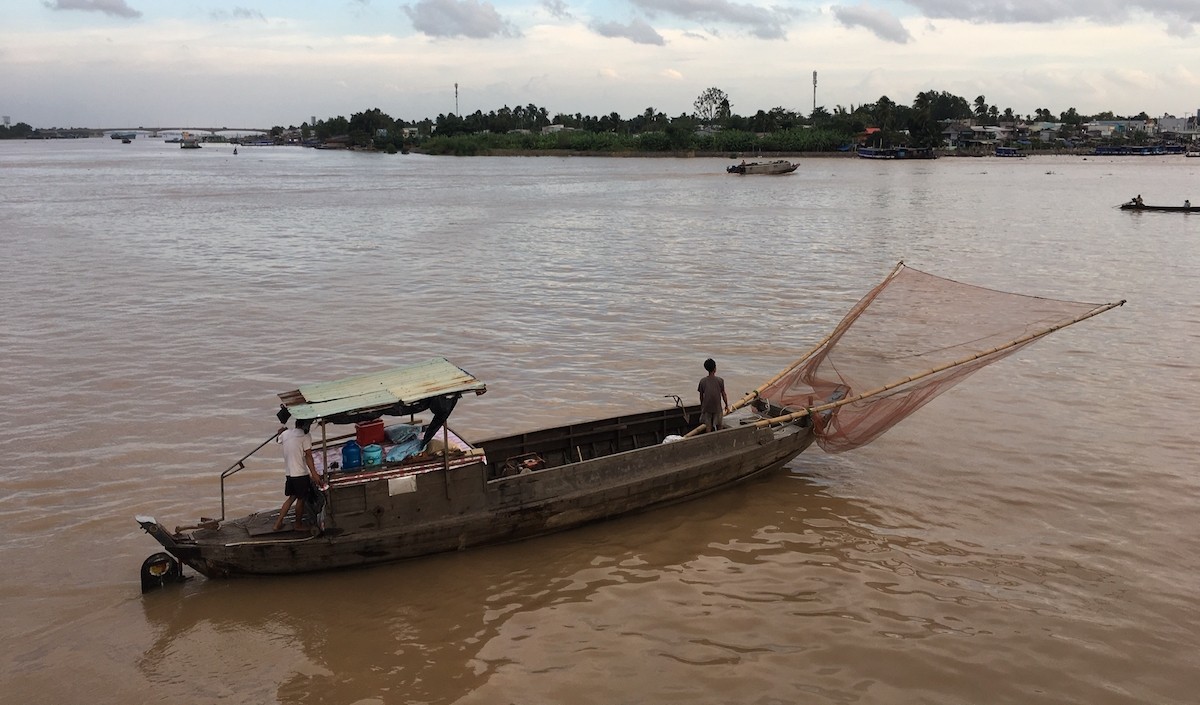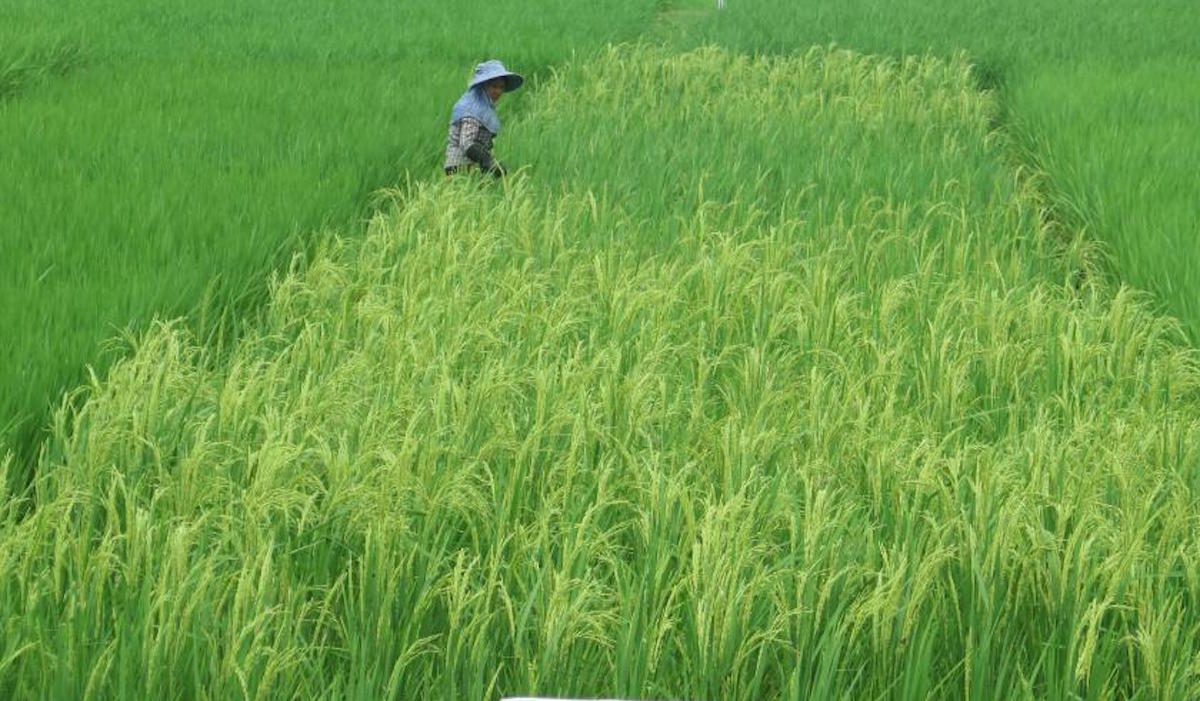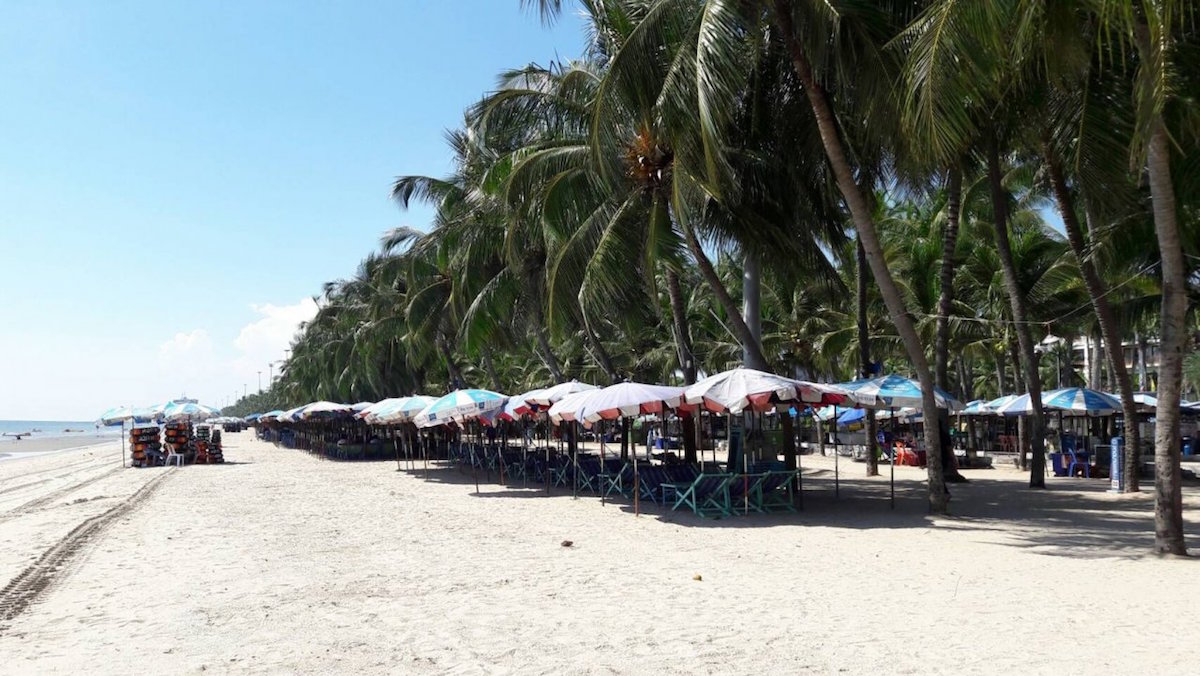The Mekong River Commission (MRC) is the regional, intergovernmental organization tasked with facilitating the sustainable development of shared water resources between the countries of the Lower Mekong Basin – Thailand, Vietnam, Cambodia, and Laos. Although the organization has been recognized as among the leading multilateral resource management bodies in the developing world, it has come under increasing criticism over the past decade for its inability to prevent unchecked hydropower development along the Mekong mainstream and tributaries.
Many critiques of the MRC can be linked directly to the limitations of its foundational document – the 1995 Agreement on the Cooperation for the Sustainable Development of the Mekong River Basin (the Mekong Agreement for short). Although the Mekong Agreement was seen as an achievement at its inception, the relatively narrow scope and meager authority it provides the MRC have largely relegated the organization to consultative, facilitation, and information gathering functions.
Where the MRC’s forerunner – the Cold War-era Mekong Committee – established a veto power for its members over certain types of developments, the Mekong Agreement provides no such authority, and instead, enables only non-binding consultations between the member countries on qualifying projects through the Procedures for Notification, Prior Consultation, and Agreement (PNCPA) process. As a result, any member country can legally move forward with a hydro-development project, regardless of the long-term consequences for or desires of the other member countries, and irrespective of its predicted ecological impact on the basin.





